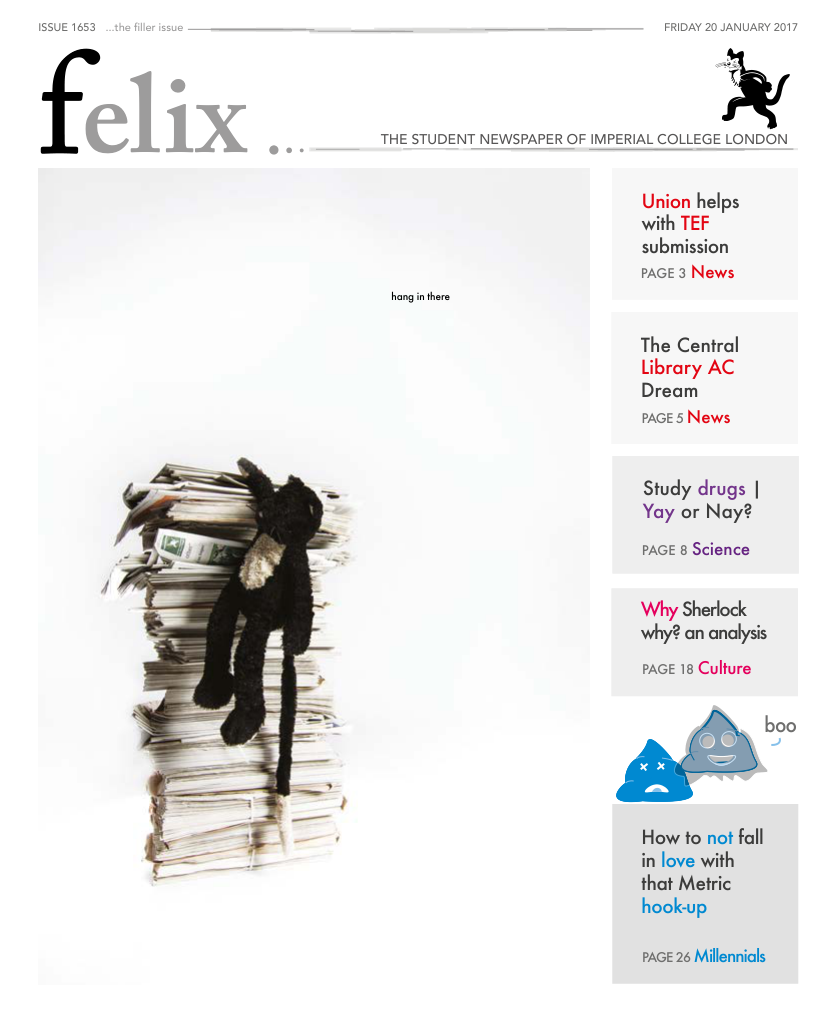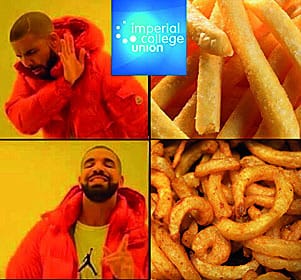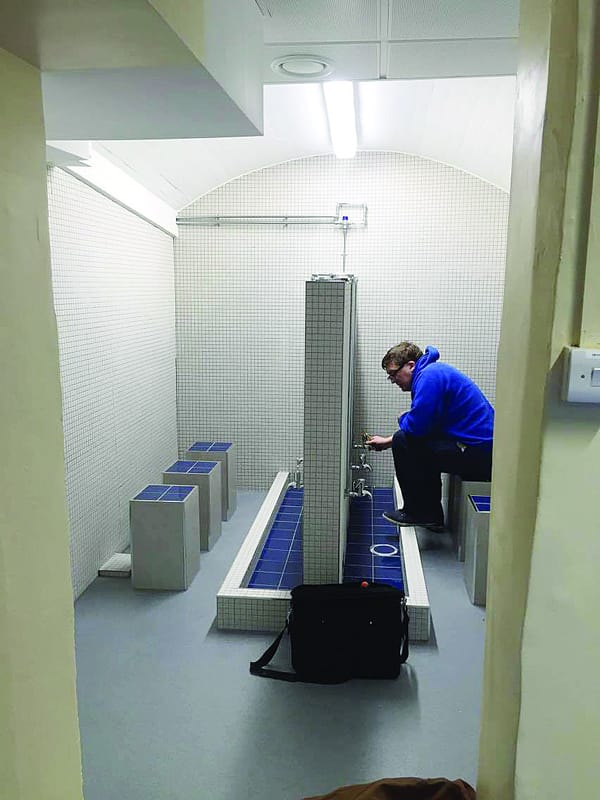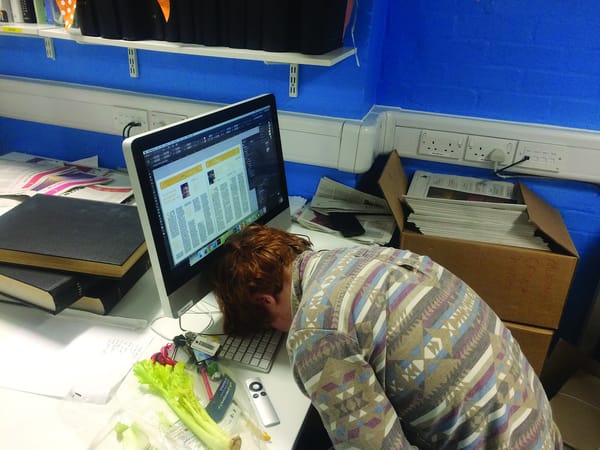Why should the Union consult College on TEF?
Deputy President Education gives us his side
During this week’s extraordinary council meeting, I proposed a paper to seek permission from Council to approve the following: firstly, for the Union to make contributions to Imperial’s Teaching Excellence Framework (TEF) submission and secondly, for Council to review the Union’s existing Higher Education Funding policy. The paper was passed successfully. The argument ultimately rested on whether the Union should continue to be a strong advocate for the improvement of education at Imperial or whether it should make a political stance against the TEF. Following discussion, Council agreed that continuing our activity around striving for educational excellence would be of greater benefit to our members than making efforts to rebel against the TEF.
Council members came to respect that the TEF is inevitably going to be implemented and that some aspects of the TEF, aside from the inflationary fee rise, have positive implications. The very nature of the submission sent to HEFCE requires institutions to measure the impact of their teaching, which should encourage academics to be more evidence-based in their pedagogic approach. TEF also aims to better inform student choices when deciding between universities by making more information about teaching quality available to prospective students.
International students, which comprise a staggering 40% of our member population, are not affected by the TEF since the inflationary fee rise only concerns home students. By opting to rebel against the TEF, for example by boycotting the National Student Survey (NSS), we would be neglecting the educational experience of 40% of our members, whilst jeopardising our NSS Response, one of the Union’s most powerful tools in lobbying College on educational matters. I am personally pleased at the final decision made by Union Council and look forward to continuing work around educational improvement for all members of this institution.









